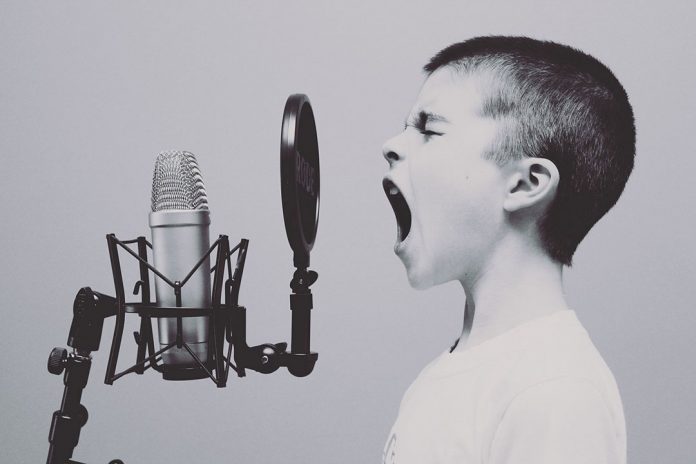There is one question that every Parent faces at some point in their parenting journey, and that is: is my child’s anger normal- or out of bounds?
Every child gets angry sometimes. There are times when every child slams the door or yells at someone. In many stressful situations anger is an understandable response. Infact it would be unhealthy if your child never shows his anger. This is more true for the tweens and teens, when they are testing their independence. As they test their limits, it may cause conflict in the family.
But when does it all start to get out of hand? This is when a child’s anger starts to dictate your everyday routines and decisions. If you clean your child’s room because do not want his tantrums when you ask him to do it, it is a warning sign. When you refuse to check on your daughter for watching TV during meals because she will start throwing things around or refuse to eat food, then that is a problem.
Another sign that your child has uncontrolled anger is if they have a limited or no friend circle. Check if the anger is affecting their friendships. An angry child is scary and hard to handle, so is usually a lonely child. His peers don’t want to be around someone who whines or goes off the hook frequently. So, if your child is having trouble making or keeping friends then definitely it is a sign that his anger is out of control.
What can Parents do to help manage their child’s anger better?
- Educate them about Emotions: children generally don’t have a broad emotionally vocabulary. They don’t know how to express sadness and frustration. So their knee jerk response is anger to any such situation. This is why it is so important that the parents do not overreact to the infrequent outbursts of children, but help them to learn deal with their feelings.
- Give them tools to manage anger: sharing a small exercise which I normally use in my practice. When the child is in a good mood, ask them about one event which made them really happy and made them feel loved. It can be anything that the child thinks of, doesn’t matter if it looks trivial to you. Now next time the child is angry tell them to think about their favourite memory, or remind them of it. When you do this, it causes a sudden break in their thought process. As a result the anger will dissipate.
- Have a dialogue: have a very clear talk with your child where you let them know that feeling angry is ok. Everyone feels angry, even adults at something or the other when things don’t go according to how they want. But acting out those feelings in a negative or a hurtful way is not acceptable.
- Be a role model: most of the things children do or learn is by looking at and observing the adults around them, mainly the parents. If you as a parent cannot control the way you show your anger, then the child will absorb the same from you. If you have a habit of cursing or throwing things around then your child is going to learn just that. So, it is very important to correct yourself first and behave the way you want your child to behave.

Keep in mind that your child will use anger more and more if it works. If they don’t get into troublre when they do something extreme, or if they get what they wanted as a result of the tantrum, they will do it again and again. So, recognise when you are being manipulated by the child and set limits. Initially t will be difficult when the limits are set. But as the child realises that you are serious about the limits, and as he learns to be more responsible, the anger episodes will decrease.
The Author
 Dr. Mona Gujral is a Gurgaon based Mindful Parenting Coach, Speaker and Author. She helps parents who want to create enriching relationships with their children and raise incredibly confident, happy, fully expressed kids who are thriving emotionally.
Dr. Mona Gujral is a Gurgaon based Mindful Parenting Coach, Speaker and Author. She helps parents who want to create enriching relationships with their children and raise incredibly confident, happy, fully expressed kids who are thriving emotionally.
Her mission is to transform parenting with a more aware and mindfulness based approach, so that both the parents and children have a joyful bond.
She believes in inspiring and supporting parents back to their intuition and healing whatever holds parents and children back from living their best selves.
Mona has been effectively trying to introduce mindfulness into the parent child relationship. She helps guide parents back to creating deeply loving communication and memorable experiences with their kids, so they want to listen and be guided by them. And in the process highlighting the subtle unmindful interactions that create distance, frustration, resistance and power-struggles between parents and children.
For the last few years, Mona has helped parents in tackling the most challenging of parenting issues and offers private coaching and courses for parents who wish to grow and transform alongside their children. She has offered talks to schools and companies who wish to guide and support staff, educators and parents in offering their best selves to this world.
In the COVID time she has helped numerous individuals to hone and develop their awareness about emotional well being and helped them make mindfulness a part of their life.
Image Credits: Pixabay



















